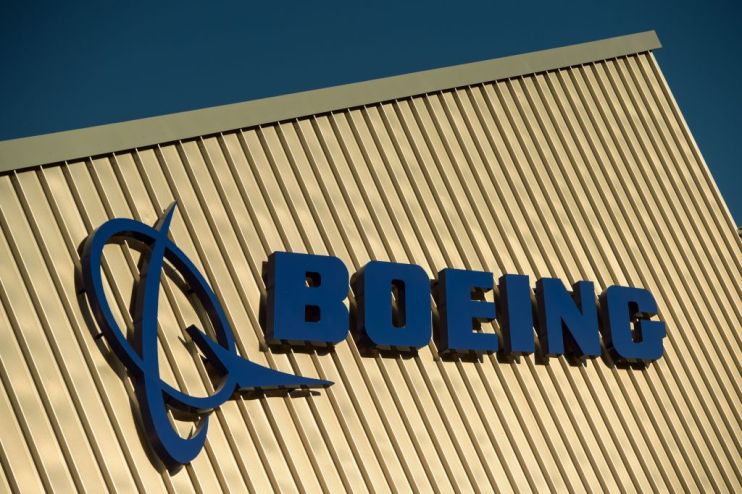Boeing’s terrible year keeps getting worse

If Boeing’s new years resolution was to put an end to repeat crises, scandal and production snafus, it would be an understatement to say it has already failed.
The US planemaker’s start to 2024 has been nothing short of catastrophic.
The incident itself would have been enough to keep the Virginia-headquartered manufacturer busy for the foreseeable future, with hundreds of jets grounded worldwide and the images of the damaged jet shared worldwide.
But things have since got even worse for the company.
The Federal Aviation Administration has given Boeing 90 days to fix numerous quality control issues that were unearthed during a follow-up audit.
A US Justice Department investigation launched this week will make it even more concerned, with Alaska Airlines’ passengers and crew reportedly the subject of inquiries.
And if scrutiny from industry, regulators and politicians wasn’t enough, it emerged on Tuesday that a whistleblower engaged in a lawsuit against the firm had been found dead in a truck in South Carolina.
Speculating over the incident without further detail is fruitless. Yet it has fuelled the growing PR nightmare surrounding the planemaker, which has faced intense criticism over serious incidents with its bestselling 737 Max for years.
Fatal crashes in 2018 and 2019 caused by faulty flight control software resulted in the deaths of 346 people and are now firmly ingrained in the company’s identity.
A report from the US House of Representatives Transportation and Infrastructure Committee described the tragedy as “the horrific culmination of a series of faulty technical assumptions by Boeing’s engineers, a lack of transparency on the part of Boeing’s management, and grossly insufficient oversight by the FAA.”
Since then, a number of whistleblowers have emerged to raise concerns over sloppy work by under-pressure employees, while the press has jumped on any suspected issues with Boeing jets.
Just a week after the Alaska Airlines blow-out, media rushed to report that a domestic flight of Japan’s All Nippon Airways had been forced to return to its departure airport due to a crack found in the window of a Boeing 737-800 aircraft.
Anyone in the aviation industry knows that window cracks are actually reasonably common and nothing to be overly concerned about. However, the incident made clear how much of a task Boeing has in recovering its reputation after the latest disaster, if that’s even possible.
Over the last week, it has sought to reassure employees that appropriate actions are being taken to handle the growing crisis.
In a message to staff, Boeing’s commercial airplanes CEO Stan Deal said: “As we conduct quality stand downs across our company, your improvement ideas have been invaluable.
“We have used your feedback, and those from our regulator and customers, to take immediate actions to strengthen our safety and quality. These actions are central to a comprehensive plan we will soon deliver to the FAA.”
Some consolation.
With each passing day, Boeing loses further ground against its archrival and only real competitor, Airbus. Shares have fallen nearly 30 per cent in the year to date, coinciding with a 12 per cent rise at Airbus.
Yesterday, the boss of United Airlines told Boeing to stop building 737 Max 10 jets for the carrier due to certification delays, choosing to switch to rival Airbus instead.
But most importantly, the company’s reputation as an ethical manufacturer of safe aircraft is in tatters and it will take a miracle to ever turn it around. Can there be any surprise why?